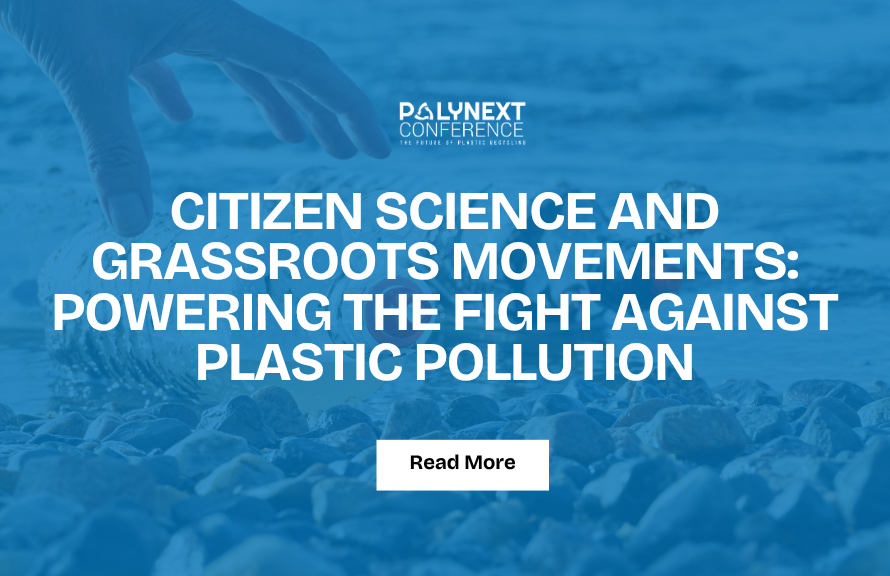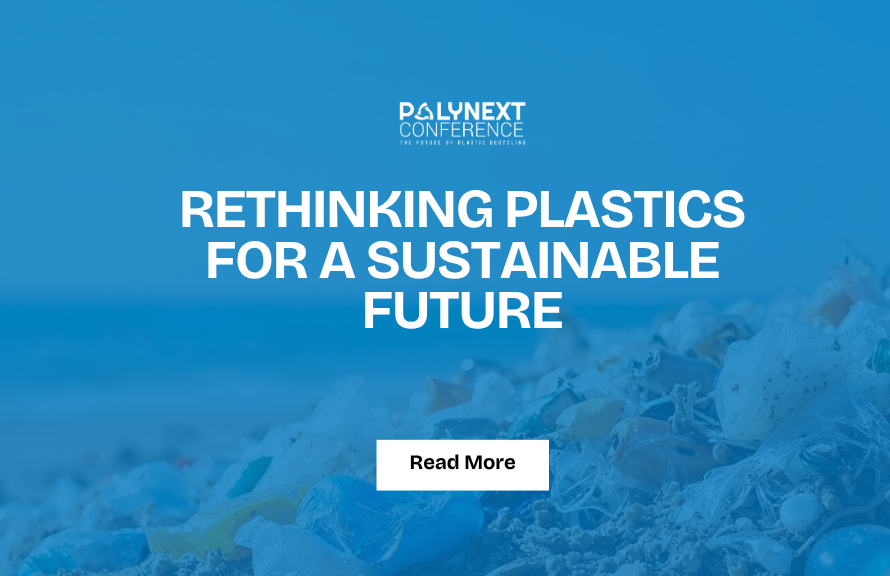Plastic pollution in the Middle East has reached alarming levels, posing a severe threat to the environment, economy, and public health across the region. According to a World Bank estimate, the Middle East and North Africa (MENA) region has the highest per capita marine plastic footprint globally, with the average resident releasing more than 6 kilograms of plastic waste into oceans annually. This pollution severely impacts marine biodiversity, fisheries, tourism, and the livelihoods of coastal communities.
The Mediterranean Sea, bordering many MENA countries, stands out as one of the world’s plastic pollution hotspots. This situation is fueled by the widespread use of single-use plastics, inadequate waste collection, and poor inland waste management systems. Consequently, plastic debris accumulates heavily in coastal and marine ecosystems, disrupting the “blue economy”—ocean-based economic activities such as fisheries, tourism, shipping, and renewable energy sectors that collectively generate over $450 billion annually in the Mediterranean region.
Governments across the Middle East are increasingly recognizing the importance of addressing plastic pollution. Several countries, including the UAE, have introduced bans on single-use plastic bags, packaging, cutlery, and Styrofoam. For example, Abu Dhabi achieved a 75% reduction in single-use plastic bag usage since its 2020 ban, saving 364 million bags and recovering more than 130 million bottles. Dubai followed with bans on plastic bags and packaging in 2024, with further restrictions planned nationwide by 2026.
Beyond regulation, cutting-edge recycling technologies and circular economy initiatives are gaining momentum, particularly in Dubai. The city is emerging as a regional hub for plastic waste innovation, hosting major events like the PolyNext 2025,and
Plastics Recycling Show Middle East & Africa, which bring industry leaders, innovators, and policymakers together to share strategies and showcase sustainable technologies.
Technological innovations in the region include AI-powered waste sorting, chemical recycling, pyrolysis, biodegradable plastics, and modular recycling units—all aimed at reducing waste sent to landfills and oceans while creating economic opportunities by converting plastic waste into valuable materials.
A strong example comes from Lebanon’s ReMaL project ,led by UN-Habitat and the Ministry of Environment. ReMaL supports coastal municipalities, implements pilot waste-management and cleanup initiatives, builds a national waste observatory, and runs awareness campaigns to reduce marine litter. Pilot results showed reductions in stormwater-driven plastic inflows to the sea during heavy rainfall seasons, demonstrating how coordinated local action can interrupt plastic transport pathways.
Another positive development in the region is Egypt’s growing emphasis on reverse logistics and PET bottle collection. Research on the soft drink industry highlights how reverse logistics initiatives have supported the recovery and recycling of PET bottles. These efforts, along with national recycling reforms, have helped improve collection rates in some coastal governorates, reducing the risks of plastic ingestion and entanglement for marine life.
Spotlight on PolyNext 2025
PolyNext 2025, set to take place in Dubai, is emerging as the region’s leading platform for sustainable plastics. The event will showcase innovations such as chemical recycling, AI-driven waste sorting, and bio-based alternatives while fostering cross-border collaboration. By uniting policymakers, industry leaders, and startups, PolyNext is positioning the Middle East as a hub for next-generation plastic solutions and circular economy practices.
Finally, addressing plastic pollution in the Middle East requires regional cooperation due to the transboundary nature of marine pollution. Joint efforts among governments, civil society, and private sectors are essential to implement effective waste management strategies and scale innovative solutions.
With a blend of regulatory reforms, technological advancements, and public awareness, the Middle East is positioning itself as a leader in mitigating plastic pollution, safeguarding marine ecosystems, and driving sustainable development for future generations.
Reference
Environment Agency Abu Dhabi (EAD) – Plastic Bags and Recovery of 130 Million Bottles




